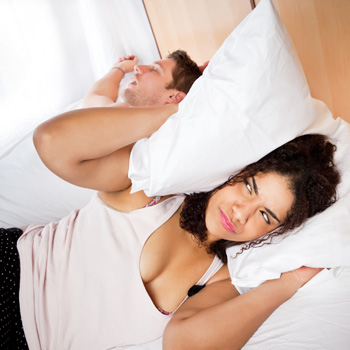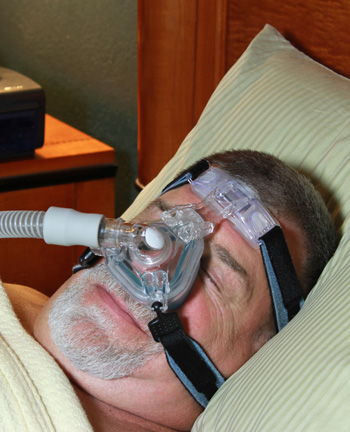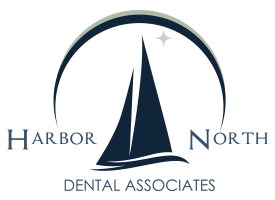Sleep Apnea
Suffering the Exhausting Cycle Of Sleep Apnea
Despite the fact that snoring appears physically safe, it may end up being a warning sign for a much more serious and, at times, fatal condition called obstructive sleep apnea. This happens when the air passage entirely deflates, obstructing airflow into the lungs. The harder one attempts to breathe, the tighter the air passage seals. This airway blockage persists until the brain partly wakes up the individual. Unconscious, the individual shuts the jaw, returning the tongue as well as throat to a normal position.
The sleep apnea cycle:
- falling asleep
- jaw relaxing
- air passage collapsing
- a long duration with no airflow
- unconsciously awakening with a gasp
- falling back asleep only to start the cycle again
This cycle can repeat itself fifty or more times each hour throughout the night.
CPAP vs. Oral Appliances
The American Academy of Sleep Medicine now considers dental appliances a first line treatment for snoring and mild to moderate sleep apnea. Oral appliances are also ideal for patients with severe sleep apnea who cannot tolerate CPAP, or as an alternative when traveling where there is no access to power. Dental Sleep Appliances have been scientifically proven to be very effective; “over 95% of patients are satisfied with the level of improvement with their snoring when assessed and treated correctly”.
According to research, it was noted that “long-term use of a dental device achieved an 81% success rate in apnea improvement, which was significantly higher than the 53% success rate noted for the standard surgical treatment for snoring: uvulopalatopharyngoplasty (UPPP).”
The American Academy of Sleep Medicine’s journal, Sleep, stated that, “Oral appliances are indicated for use in patients with obstructive sleep apnea who prefer oral appliances to CPAP, or who do not respond to CPAP, are not appropriate candidates for CPAP, or who fail treatment attempts with CPAP or treatment with behavioral measures such as weight loss or sleep-position change.”
Oral appliances are associated with better compliance than CPAP systems for many patients. Oral appliances can also be used as first-line treatment for primary snoring that is not associated with obstructive sleep apnea.



